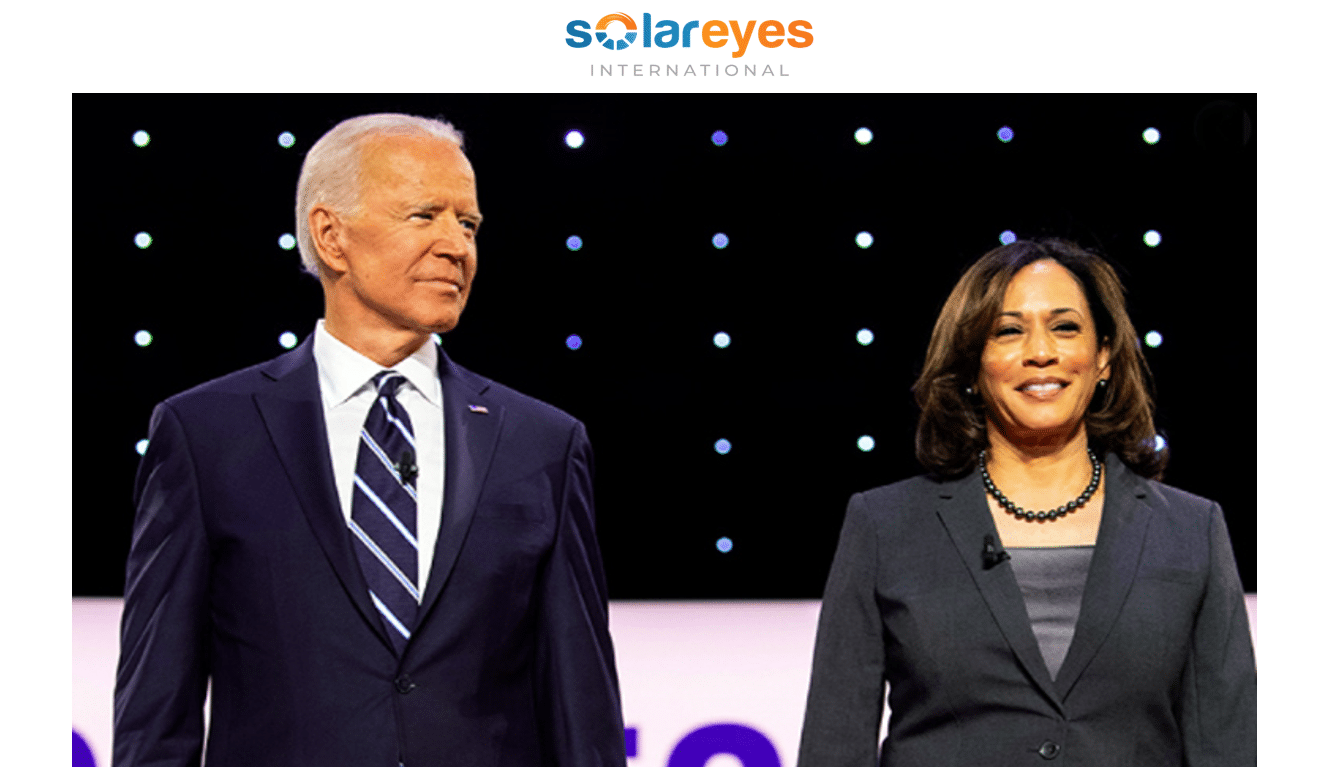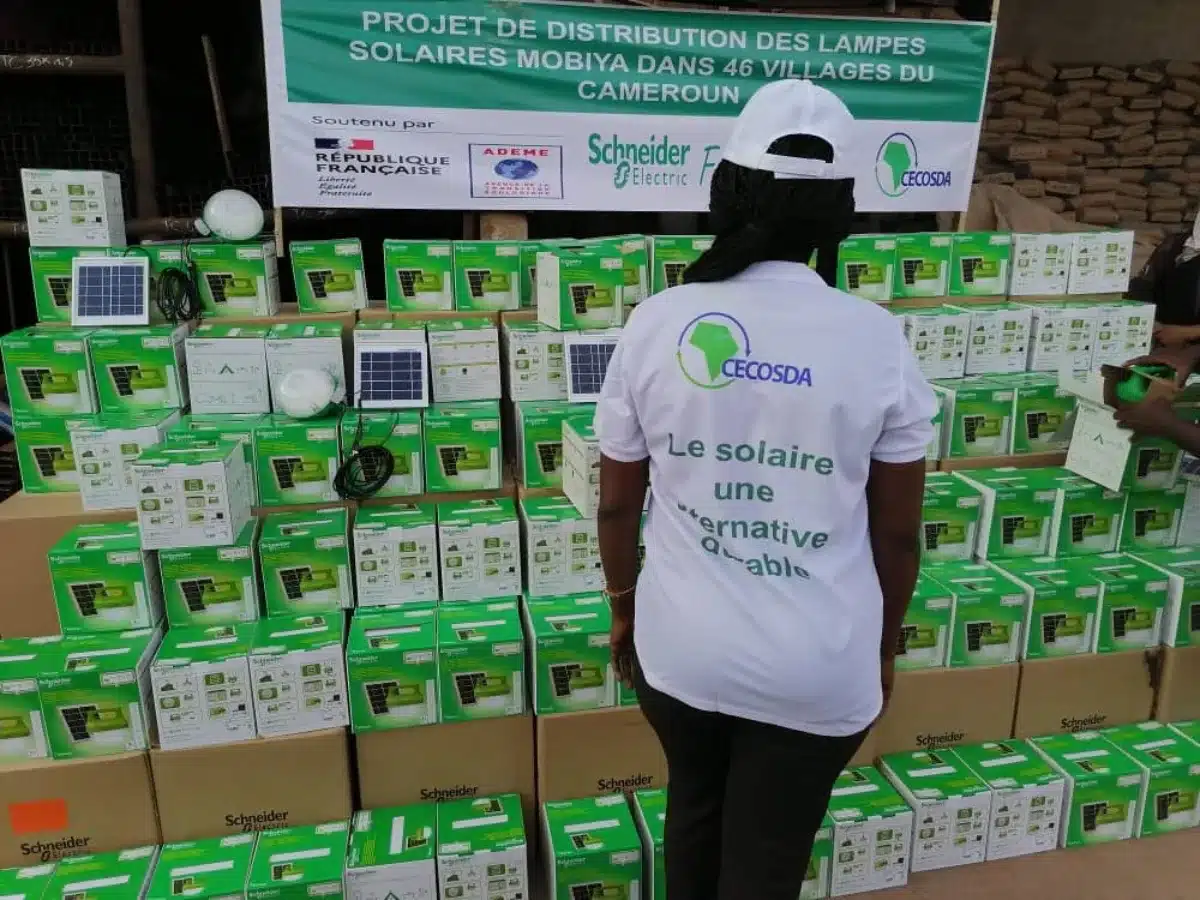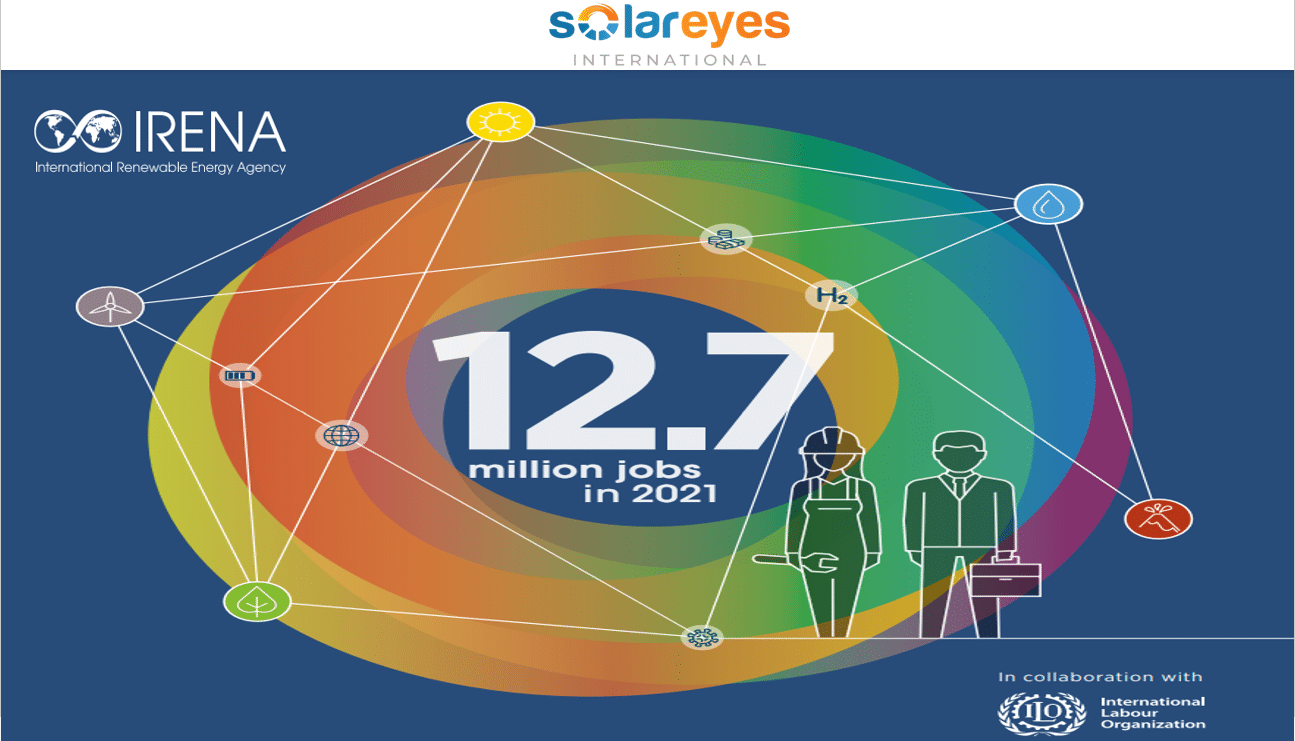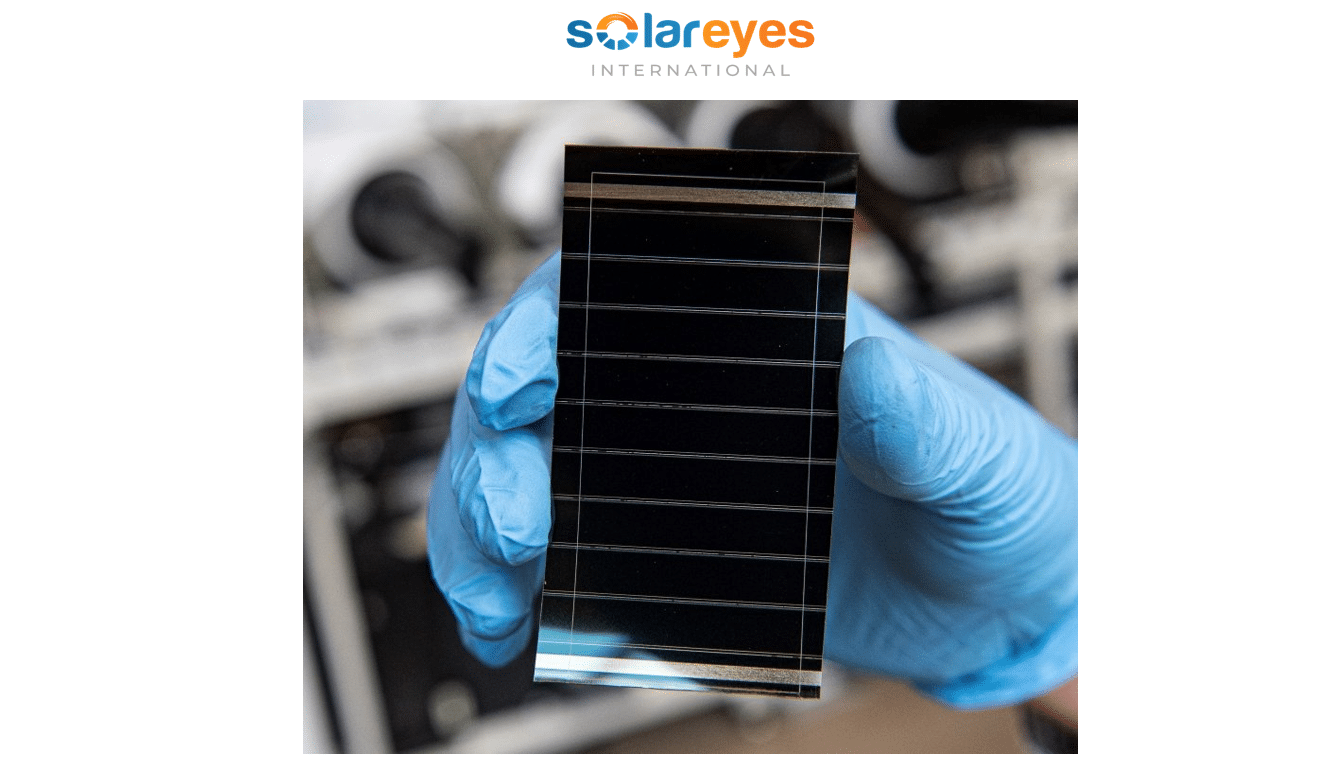WE CARE SOLAR – 1000+ Solar Suitcase Installations Milestone Reached in Zimbabwe
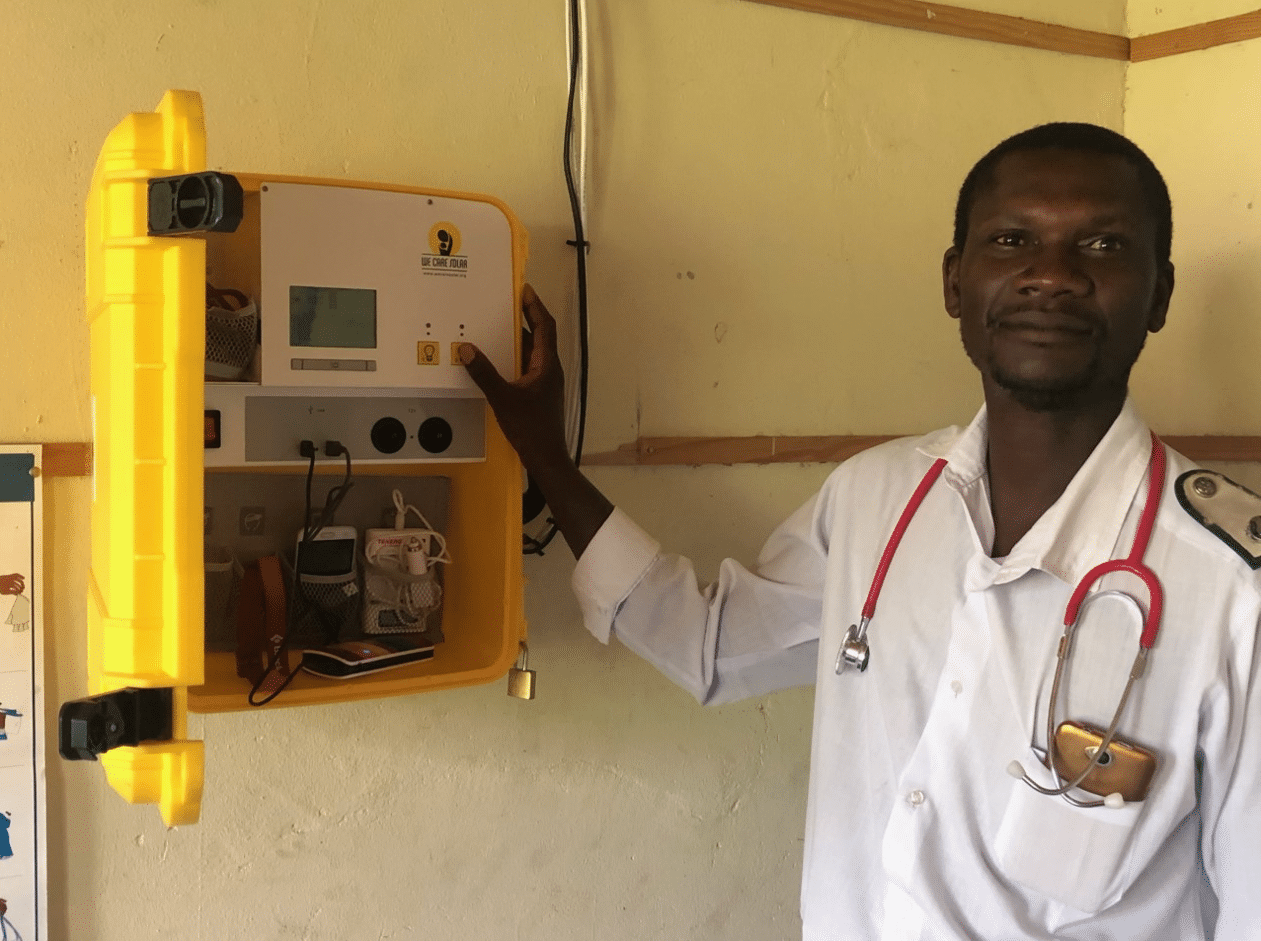
First encounter with the Solar Suitcase powered maternity clinic – impactful experience
While Agnes Mazhindu was in early labor, her midwives allowed her to listen to her baby’s heartbeat using a gadget she had never seen before in her life: a fetal Doppler.
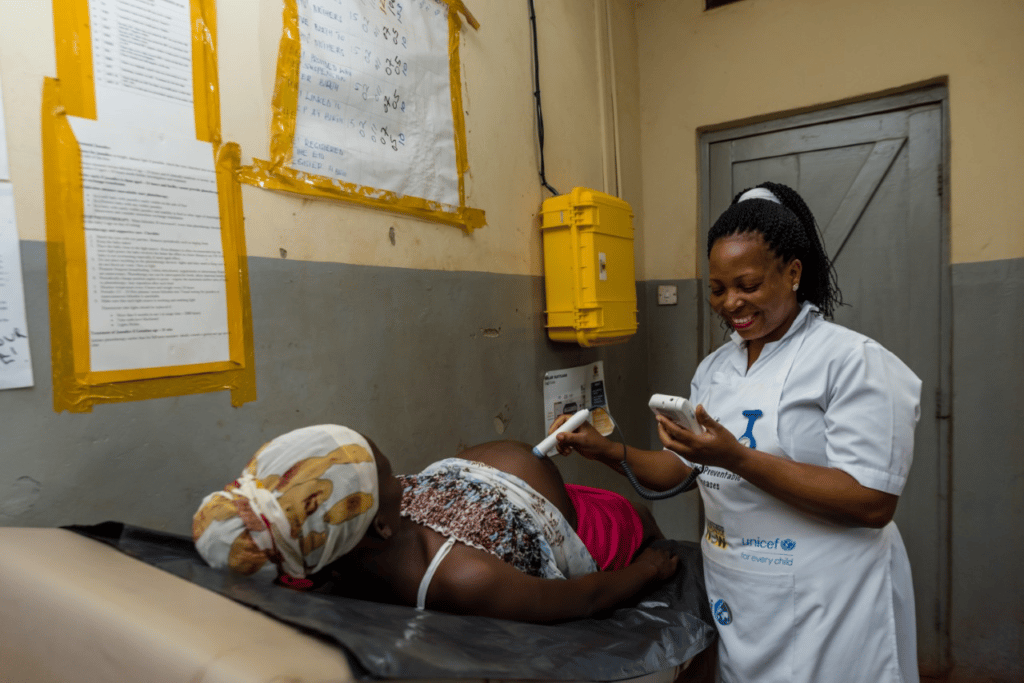
“Listen,” her midwife told her, “Your baby is alive; this is his heartbeat.”
Agnes could not fully describe how wonderful she felt hearing her baby’s heartbeat for the first time. After a prolonged labor, she had begun to worry if the baby was still alive. Agnes didn’t need to use the candles she had packed in her bag. At 9 pm, she delivered under the lights of a Solar Suitcase, sustaining a laceration that needed repair.
As her nurse carefully placed the stitches, Agnes heard her say “wedzera brightness” meaning ‘increase brightness.’ Agnes marveled that the brightness could be adjusted. After the delivery, the lights remained on throughout the entire night in the maternity ward, helping Agnes as she learned to breastfeed and care for her newborn.
“I was actually sad upon discharge as I knew I was going back to darkness and use of candles at home, after having been used to lights at the clinic.”
Until recently, having continuous lighting for childbirth in Zimbabwe was not assured. Most health facilities in the country had sporadic or no power. Mothers were routinely told to pack candles as part of their birthing kits.
The issue of candles was a nightmare for us women here. You could have no money to an extent of not affording to bring a candle for delivery. For some women, just thinking about going to the clinic without a candle is enough to deter them from going. Imagine delivering at night without bringing a source of light to be used during delivery. One would feel as if they are being a bother to the health staff, and yet due to poverty, one genuinely cannot afford to bring a candle.
Witness testifying to the lack of energy access in hospitals
Light Every Birth – We Care Solar’s approach for powering health facilities and saving lives
The situation changed when We Care Solar implemented a national solar energy program in Zimbabwe to “Light Every Birth.” We Care Solar is a U.S. based nonprofit organization dedicated to ensuring every woman can deliver safely in a health facility equipped with power.
Thanks to a compact, rugged solar electric kit called a “Solar Suitcase,” around-the-clock lights and electricity are assured. “There is nothing to fear at the clinic anymore,” exclaims Agnes. “Whatever time of night you go to the clinic, there will be lights.”
*** CHECK: WHAT IS A SOLAR HOME SYSTEM (SHS) – 7 treasure things to know
We Care Solar Suitcases include solar panels, a charge controller, and a lithium battery. Most important, they are packed with medical-surgical lighting, a fetal Doppler, rechargeable headlamps, an infrared thermometer, and outlets to power cell phones and other devices.
For a clinic without reliable electricity, a Solar Suitcase can be transformative, enabling patients to receive immediate, around-the-clock care.
User Experience Feedback for We Care Solar’s Solar Suitcase
A midwife from Nyanga Hospital, Mr. Nyakwangwa, describes his experience after the Solar Suitcase was installed.
“The quality of care during and after has definitely improved. Post-partum hemorrhages have reduced because we can easily detect any trickling or bleeding. Ever since the installation of the Solar Suitcase at this hospital, I feel very motivated and competent to work at night. Even during emergency obstetric complications, I feel more at ease, thanks to the availability of bright light.”
“Because we now have the Solar Suitcase and provide better case management, our referrals to bigger facilities have reduced and our deliveries have increased. Before the suitcase we had on average 120-130 deliveries per month, but since the Solar Suitcase was installed, we now deliver an average of over 160 babies a month!”
Light Every Birth campaign by We Care Solar
Due to its high rate of maternal mortality and challenges with electricity, Zimbabwe is one of first four countries that We Care Solar targeted for its Light Every Birth campaign.
According to the World Bank, Zimbabwe had an estimated maternal mortality ratio of 458 maternal deaths per 100,000 live births in 2017, well above the Sustainable Development Goal target of 70 per 100,000. Women face a lifetime risk of dying in childbirth of 1 in 52. Of the 1,500 babies born each day, approximately 35 will die before reaching their first month.
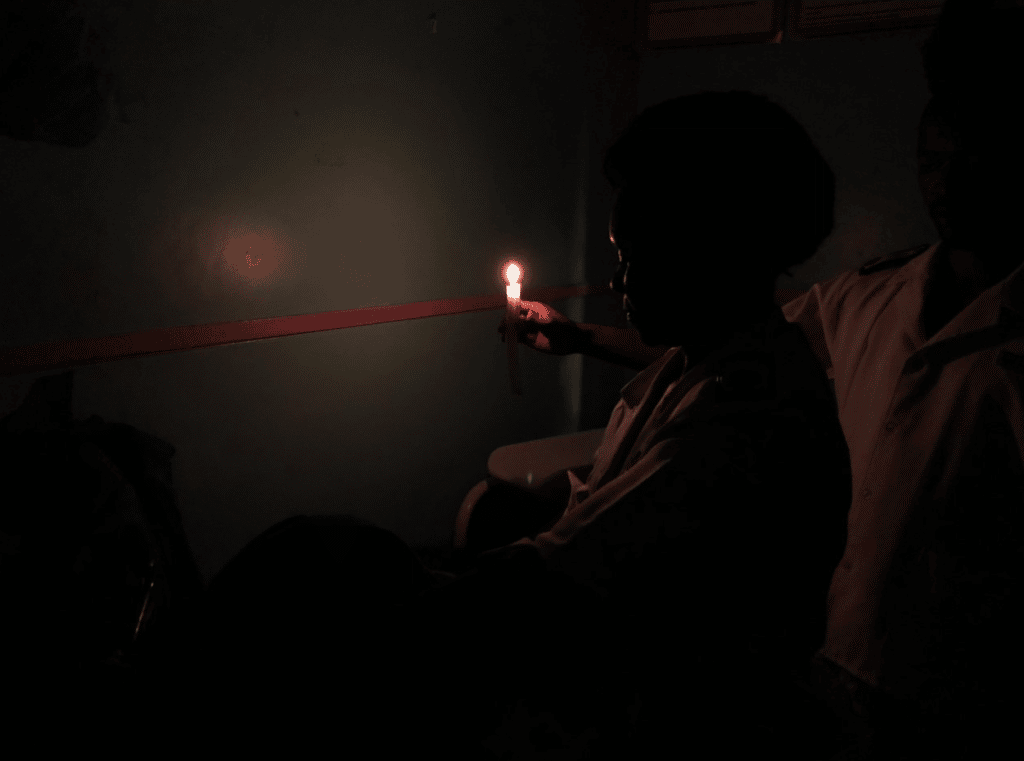
In 2020, the World Bank estimated that only 37.1% of the rural population had access to electricity. Prolonged drought in Zimbabwe depleted the country’s supply of hydroelectricity. Severe power cuts due to drought have worsened the challenging electricity situation for health centers.
LIVING UNDER THE GRID IN ZIMBABWE – little known facts about this catastrophe
We Care Solar identified more than 1,000 health facilities lacking reliable power in Zimbabwe. Clinics relied on candles or kerosene lanterns that offer inadequate illumination for medical procedures, emit smoke with deleterious health effects, and increase the risk of fire and injury.
Midwives described the challenge of trying to provide life-saving care in un-electrified health facilities, as well as safety concerns of working in near-darkness. At night, medical complications could go undetected, lacerations could not be sutured, critical procedures were delayed until morning, and newborns could not be assessed for birth defects or asphyxia. The consequences were tragic.
Having reliable solar lighting dramatically improves working conditions, increases the confidence of health workers, and typically reducing attrition of staff. Mothers are more likely to come for skilled care, complications are reduced, lives are saved, and entire communities are uplifted.
WHY SOLAR ENERGY? – 10 reasons to go solar
We Care Solar worked with the Ministry of Health and Childcare to identify health facilities in need throughout the country. Facilities were selected for this program based on three criteria:
- availability of maternal and child health services;
- baseline electrification status; and
- structural suitability of the facility for a solar installation.
Along with the installation of 1,130 Solar Suitcases, We Care Solar trained district technicians on the operation and maintenance of the solar devices, and is working with the government on long-term sustainability of the program.
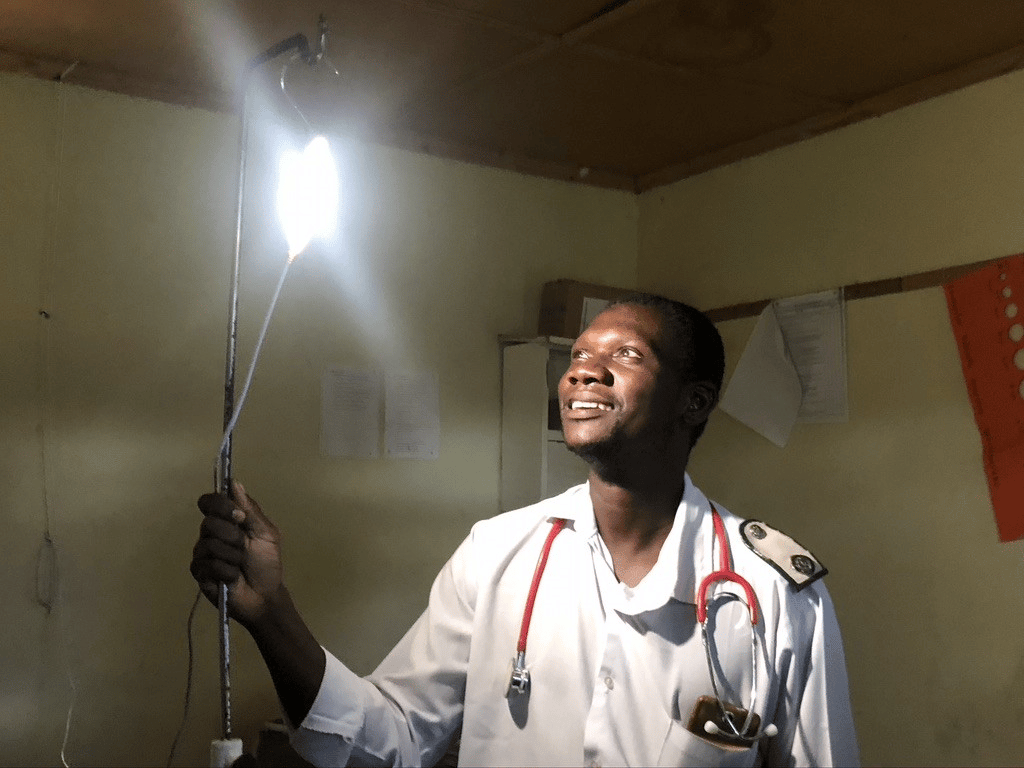
In December 2022, We Care Solar completed its goal of reaching 1,100 primary health facilities with clean, renewable energy, driven by the belief that no woman should die giving life.
12 CHALLENGES FACED BY SOLAR COMPANIES IN DEVELOPING COUNTRIES
What you need to know about We Care Solar
We Care Solar works at the intersection of Sustainable Development Goals for energy access, health, climate action, education, and gender equity.
Globally, nearly 300,000 women and over 1 million newborns die from complications of childbirth each year. At the same time, 59% of health facilities in low and middle-income countries lack reliable electricity (Cronk, 2018), despite the fact that electricity is “a critical enabler of universal access to healthcare and universal health coverage” (WHO, 2015).
We Care Solar’s Light Every Birth initiative champions clean energy for safe childbirth at the national level—showing the feasibility of reaching every public health facility in need.
Supported by grants and individual donations, this non-profit organization has reached more than 7,600 health centers with its clean energy programs, trained 32,000 health workers and solar installers, and averted 80,000 tons of CO2—enabling safer childbirth for more than 11.8 million mothers and newborns.
We Care Solar’s global award for the Light Every Birth Project
Among other awards, We Care Solar has won the 2021 National Energy Globe Award for their Light Every Birth program in Zimbabwe.
Article by Laura Stachel, MD DrPH
Executive Director and Co-Founder, We Care Solar, https://wecaresolar.org/
Follow SolarEyes International on Social Media
LINKEDIN, FACEBOOK, WHATSAPP and TELEGRAM GROUP
*** ALSO CHECK: ABBREVIATIONS IN THE SOLAR ENERGY SECTOR

